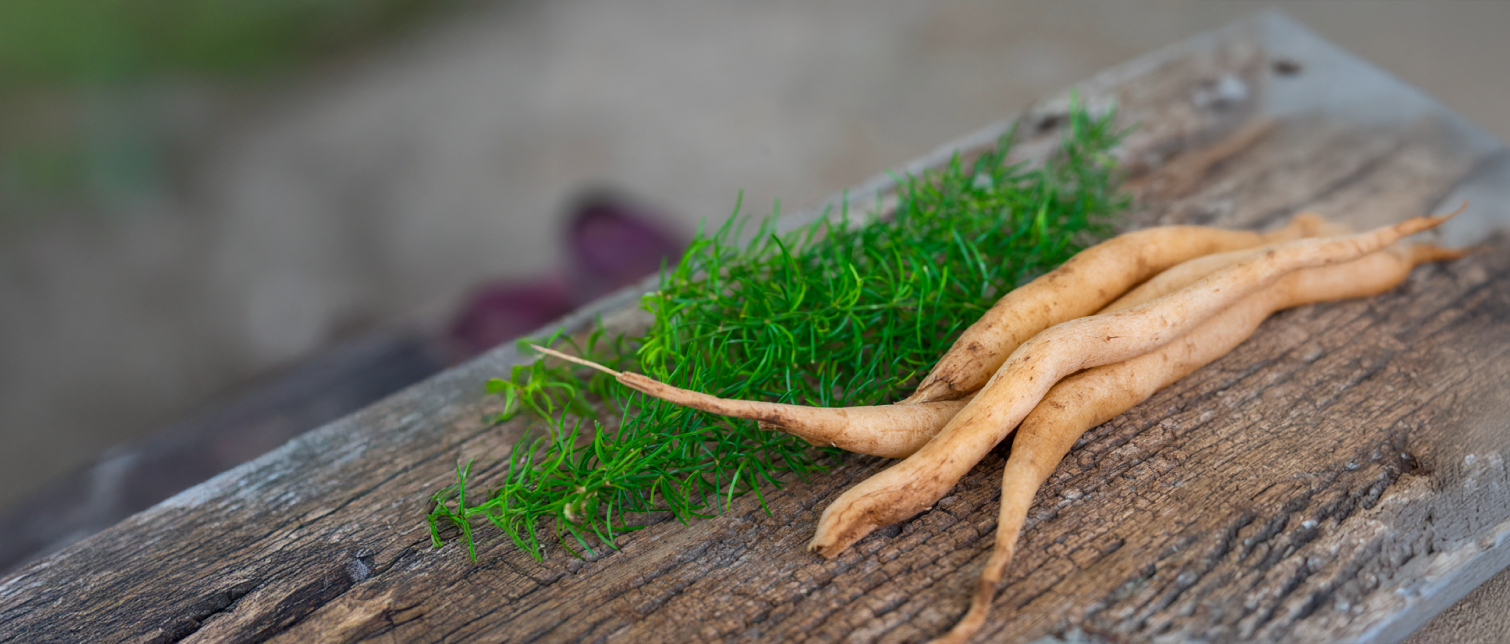Choosing Clean Fruit Snacks
Fruit always seems like a great addition to a boxed or picnic lunch. Fruits deliver a lot of sweet juiciness that provides a welcome mid-day treat.
It’s good to keep in mind, however, that that same sweetness attracts a lot of insects in the fields and orchards, and unfortunately, some fruits that we find in grocery stores may be loaded with pesticides. As we try to help nourish children so they can make the most of their education and grow into strong and intelligent adults, it’s best to try to protect their bodies from harmful pesticide residues whenever we can. Their nervous systems, reproductive organs, digestive systems and brains are all developing and highly susceptible to toxins.
Lunches and snacks are a good place to start.
Organic is often a good choice
Organic food usually does cost more than other produce, but often not much more. Consider long-term health benefits to your family members (and the planet) when considering the cost-benefit balance.
Remember, you don’t have to go all-in and buy everything organic. It’s not an all-or-nothing situation. There are lots of produce choices that are relatively free of pesticide residues, and it’s not hard to find guidance on which foods you should consider buying organic and which you don’t need to worry about. The Environmental Working Group (https://www.ewg.org/) publishes Shopper’s Guides called “Dirty Dozen™” and “Clean 15™” that can easily be found online.
Here are a few tips from the EWG guides.
On the clean side
It makes sense that many Clean 15™ produce items have thick skins or husks, so the parts we eat will be less effected by agricultural pesticides. These include avocado, cantaloupe, pineapple and honeydew melon. Others on this list that you might want to pack in a lunch are kiwi, papaya and broccoli.
Buying organic recommended
Use your best judgement about whether to pay for organic produce. If it’s a regular part of your family’s diet, it would be good to try to purchase the recommended organic selection. If it’s a seasonal treat (like Reiner cherries!), buying organic is less important.
Here goes: grapes, apples, peaches, cherries. All are fairly regular lunchbox fare. A few more: pears, nectarines and strawberries. These should be purchased organic whenever possible.
Growing bodies and minds need great nourishment
When choosing snacks for after school or lunchboxes, remember that your choices can help provide a solid foundation for a long and healthy life.
BONUS: Fruits and vegetables grown organically generally are much more flavorful than their “conventionally grown” counterparts. Need proof? Buy a pound or two of organic carrots, then buy the other kind.
Live better. Feel better.
Related Posts


